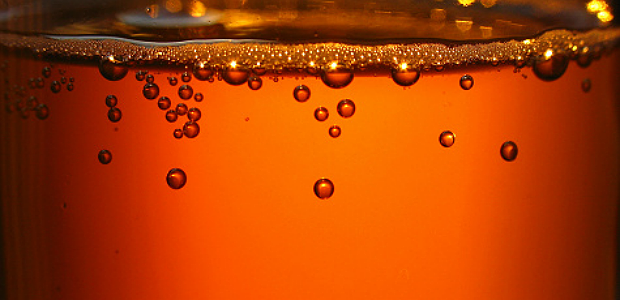Mead is currently the world’s fastest-growing alcoholic beverage – in 2017, ‘meaderies’ were opening around the world practically every week. It’s a puzzling trend, considering mead is made with fermented honey, and honey remains a luxury item. So where exactly does mead come from, what sparked the trend and, most importantly, what does it taste like?
Though many people have heard of mead in passing, few have tasted the world’s oldest fermented beverage, once heralded to be the nectar of the gods. Mead is described in ancient Greek, Roman and Hindu texts, and Africa has a rich mead heritage, with some arguing that the Khoisan were the very first to discover it. Xhosa communities call it iQhilika, and have been fermenting it for centuries in the Eastern Cape. Perhaps its most famous influence on modern western culture is providing the origin of the term ‘honeymoon’. In the 5th century, when time was observed in moon cycles, it was said that enough mead – with its purported aphrodisiac and fertility benefits – was to be provided to a married couple for one moon cycle.
So why is it not more common now?
Put simply, its cost and difficulty of production. The defining characteristic of mead is that the majority of the beverage’s fermentable sugar is derived from honey. When it was discovered that grains and grapes are able to provide sufficient sugar for creating alcohol at far less cost and with less skill, mead became a premium for the wealthy, seldom produced at any large scale. Until now, that is. Dr Ernst Thompson, who founded a meadery in Cape Town in 2018, produces Melaurea Mead, which translates from Latin to ‘golden honey’. It’s made in the style of Methode Cap Classique (MCC) and has started to get a lot of attention.
Ernst’s core business is actually producing propolis, a by-product of hive-building that is used as an antibiotic for animals. “I love bees and I love fermenting, so mead is a natural progression for me,” remarks Ernst. He has discovered some proprietary knowledge of the best way to ferment honey through many years of academic study. With the addition of nutrients he is able to ferment honey much more efficiently and bring it back into fashion.
His MCC-style mead is complex and finishes surprisingly bone-dry, like a brut. The honey notes are there in aroma and flavour, but without its associated sweetness. The MCC method, with secondary fermentation in the bottle, ensures its dryness. Ernst comments that his mead flavour profile has been compared to old French champagnes that take on deep complexity. Interested to try it? Find out more and order on the Melaurea website. His ultra premium product is gaining interest across the globe and is locally available from R300 per 750ml bottle.
Another local mead brand, Cloete Mead House, started by bee keeper Brendon Cloete, is in the process of getting a licence to sell his fruited still meads. Based in Bellville Cape Town, he uses champagne yeast, Table Mountain spring water and orange blossom honey sourced from Algeria in the Cederberg mountains to make his mead. He then back sweetens with fruit, producing blueberry and strawberry variations.
ALSO READ: 10 Drinks from 10 countries we love – here’s what to sip on your travels

